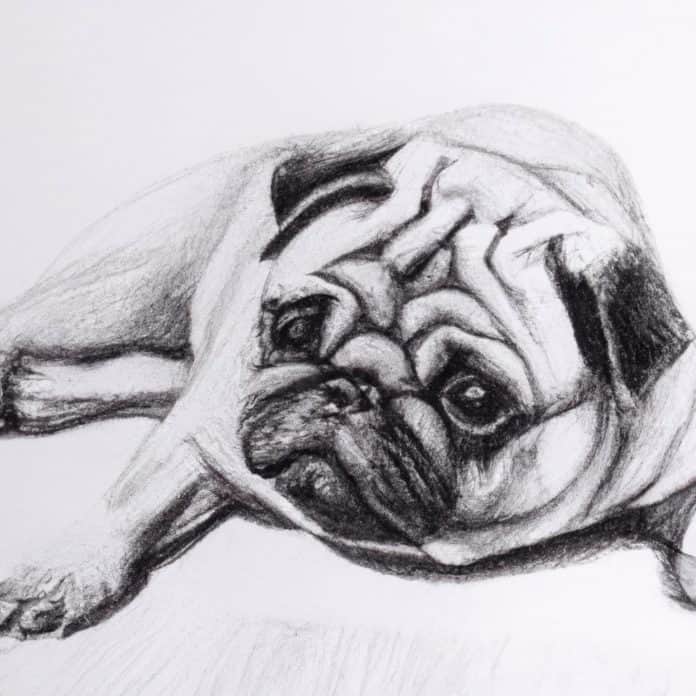Dear VetBabble,
I have a 9-year-old male pug who is experiencing diarrhea, frequent urination, appetite loss, swollen hind legs, and testicles. The vet diagnosed him with colitis, but the medication they prescribed doesn’t seem to be helping. I’m worried there might be an underlying issue like a mass in his abdomen. What could be the problem, and what should I ask my vet to do next?
Understanding Your Dog’s Symptoms
It is clear that your dog is experiencing multiple symptoms, including diarrhea, which can have various causes. Diarrhea in dogs could be a result of anything from dietary changes to more severe conditions, like kidney disease or pancreatitis. For further understanding of the potential reasons behind your dog’s diarrhea, check out this article: Why Does My Dog Have Diarrhea?.
Frequent urination, appetite loss, and swelling can also indicate other health concerns that may not be related to colitis. It is important to gain insight into when to worry about your dog’s symptoms by reading this article: Diarrhea in Dogs: When to Worry.
Potential Health Concerns
Your dog’s symptoms may be indicative of a more serious health issue, such as kidney disease or pancreatitis. Kidney disease in dogs occurs when their kidneys fail to function properly, leading to waste buildup in their body. For more information on kidney disease, symptoms, and treatment, refer to the Guide to Kidney Disease in Dogs.
Pancreatitis, on the other hand, is an inflammation of the pancreas that can cause symptoms similar to those your dog is experiencing. To learn more about pancreatitis, its symptoms, and how to treat it, read this article: Pancreatitis in Dogs: Symptoms and How to Treat.
Moreover, your consideration of a potential mass in your dog’s abdomen is a valid concern that should not be overlooked. Such a mass could compromise blood flow to the hind legs and testicles, causing the swelling that you have observed.
Next Steps with Your Veterinarian
As your dog’s symptoms have not improved with the current treatment, it is crucial to consult your veterinarian as soon as possible. You should discuss your concerns about a potential mass or any other serious health issues that may be affecting your dog. Given the multiple symptoms your dog is experiencing, further diagnostic tests, such as radiographs or an abdominal ultrasound, may be necessary to determine the root of the problem. By openly discussing your concerns and working closely with your veterinarian, you can ensure that your dog receives the appropriate treatment and care.
Remember, you know your pet best, and if you suspect there may be a deeper issue, don’t hesitate to ask your vet for a more comprehensive evaluation. Your dog’s health and well-being are of utmost importance, and taking the necessary steps to address these symptoms can lead to a better and healthier life for your beloved pet.









